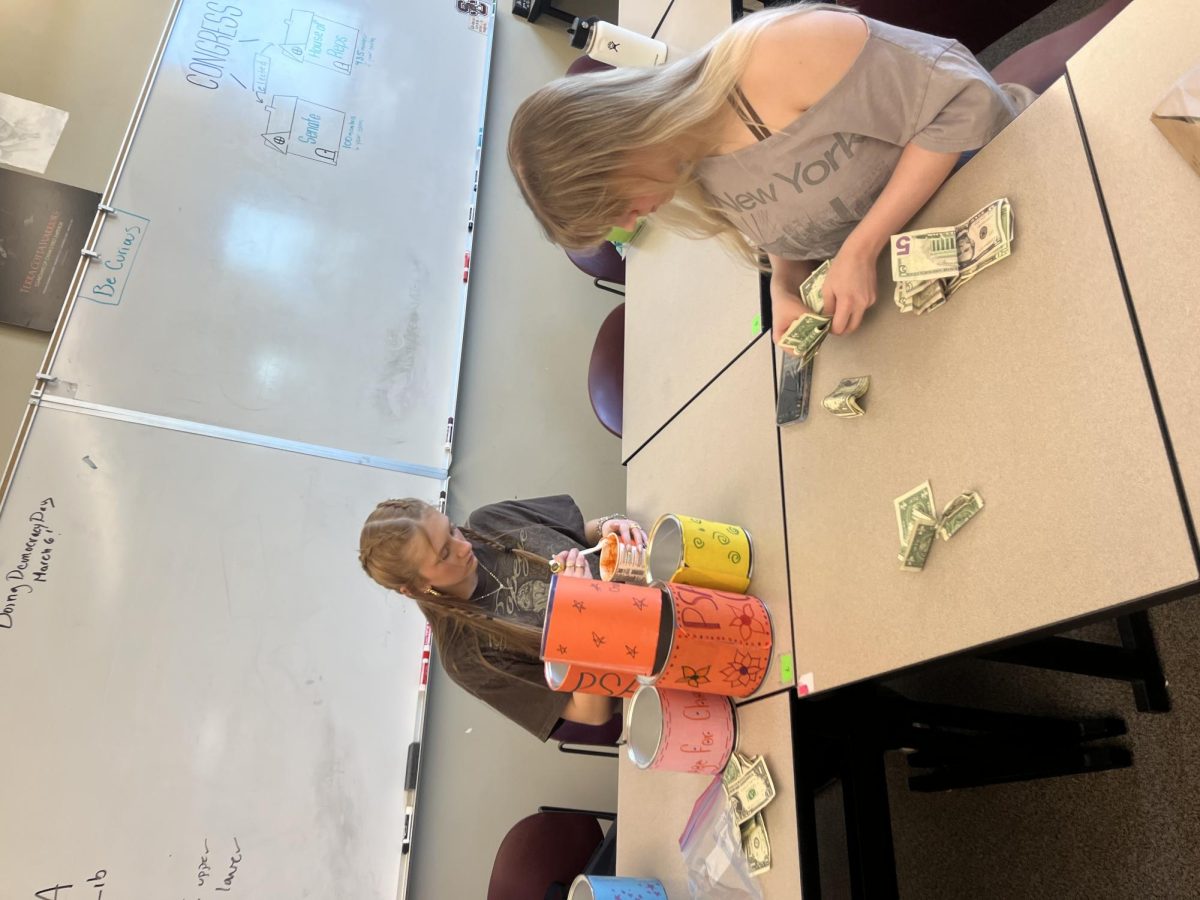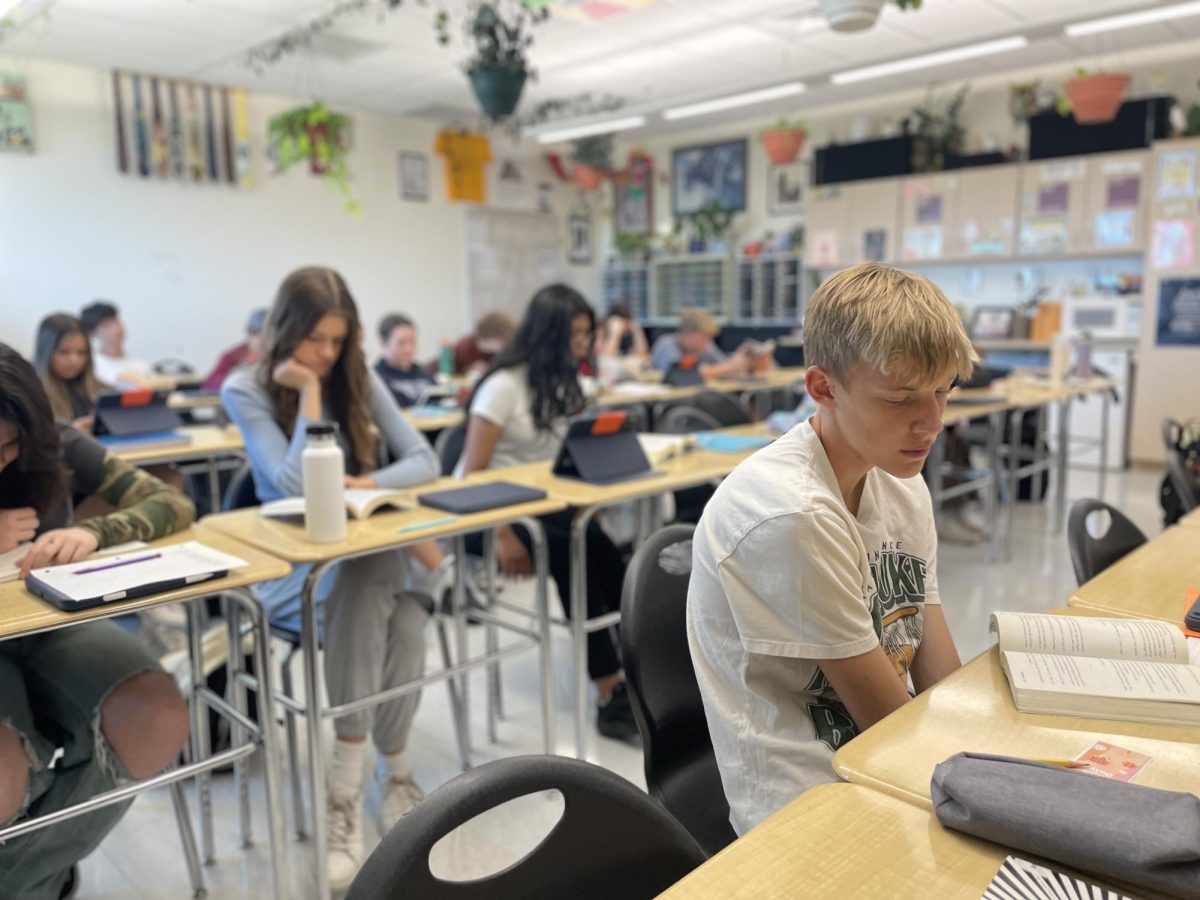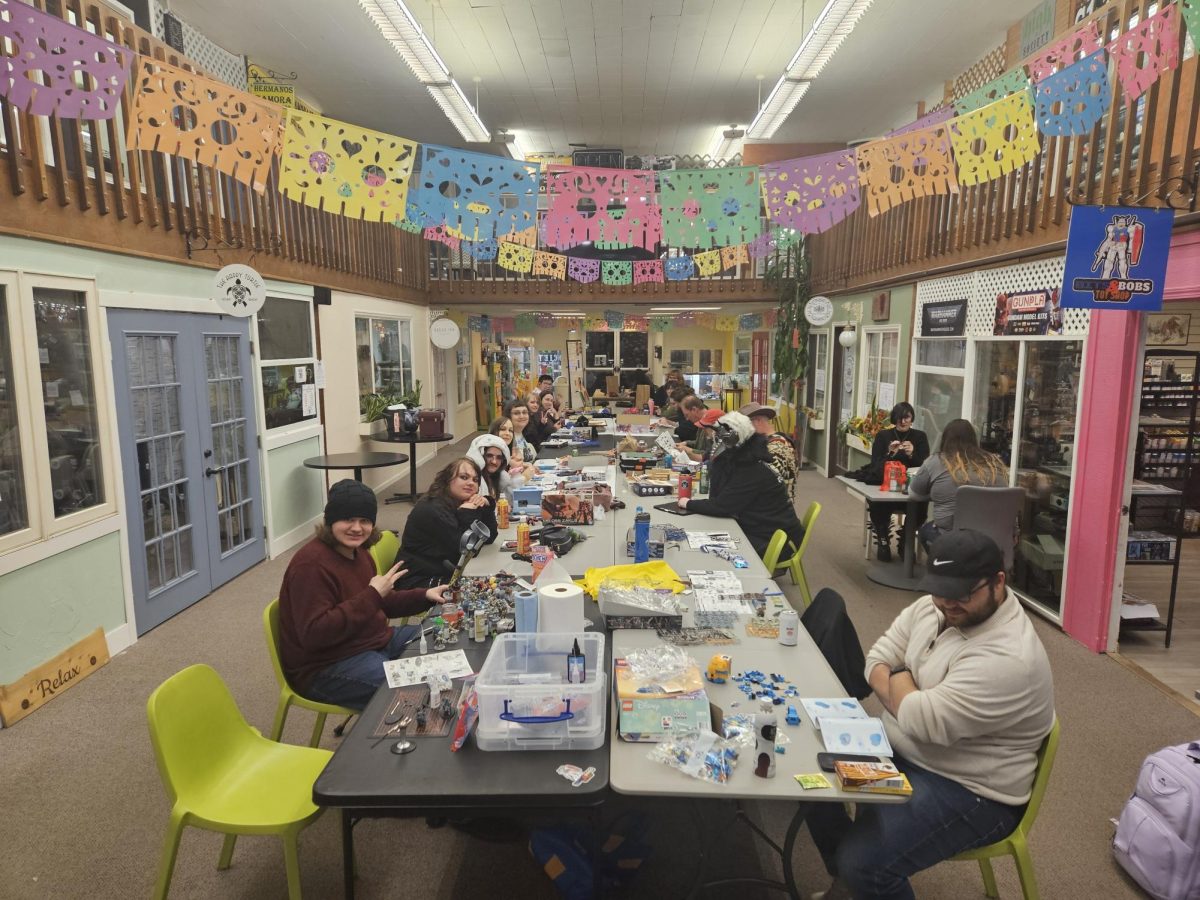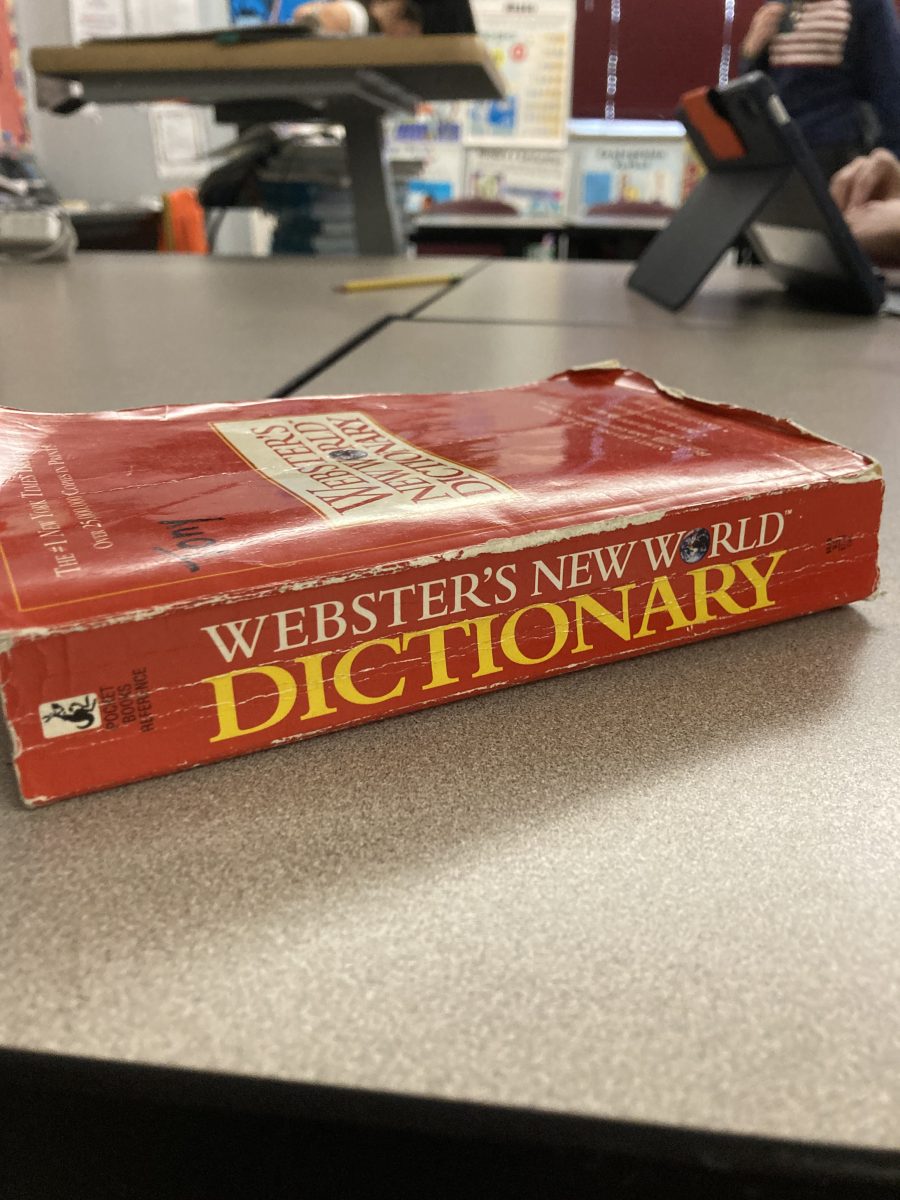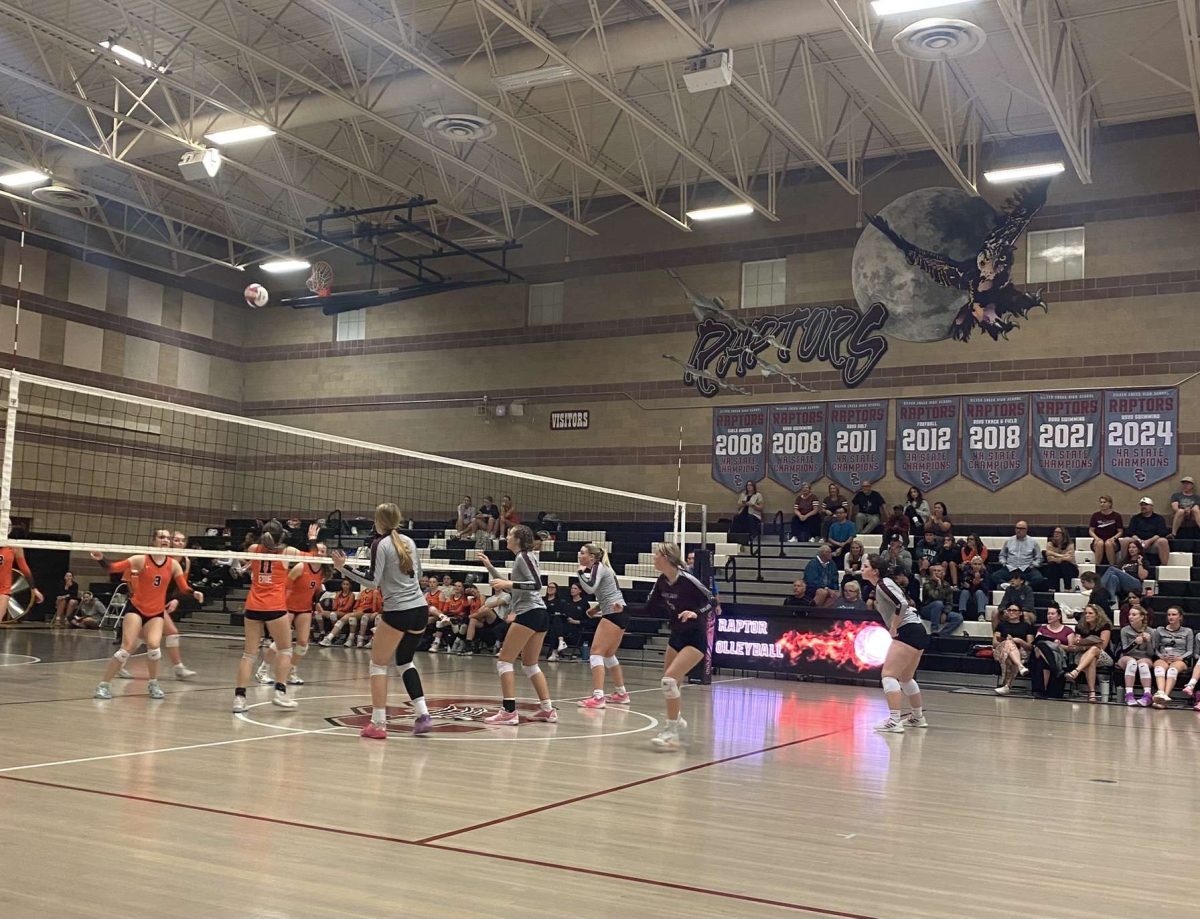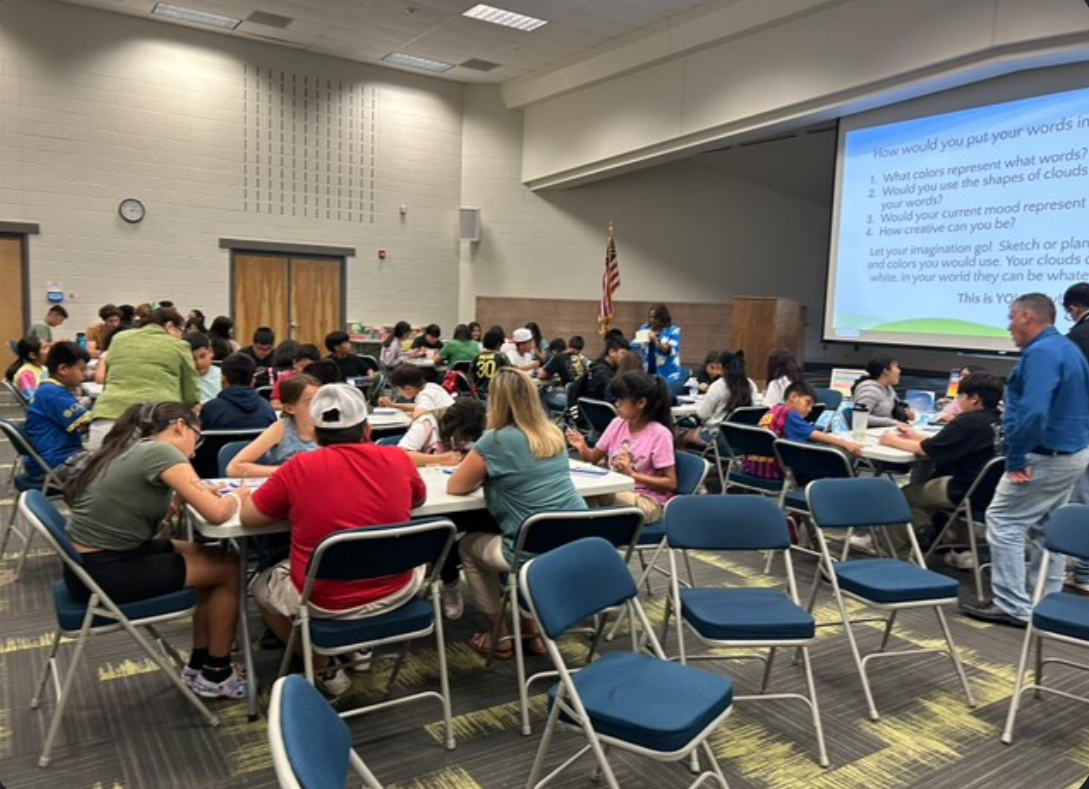Diplomacy is a military-strategy board game first released in 1959, and now in 2025, Silver Creek High School’s Diplomacy Club is experimenting with a new variant of a classic game. After school on Tuesdays and Wednesdays, room D102 of Silver Creek High School is bustling. 11 or so students hover around two tables, each with an active Diplomacy game. Groups of two or three students slip in and out of the hallways for spirited negotiations.
There are two Diplomacy boards in the center of the classroom. After all players have submitted and read off moves, junior Landon Stinton rises to the podium in the front of the room. It’s time to read the moves for the World Board.
Diplomacy is a board game first released in 1959. In Diplomacy, players control military units of seven different world powers in 1901 Europe. Players spend the bulk of gameplay negotiating with other nations and writing down their moves on notecards, where they are read out and played at the same time. Specific areas have supply units represented by little star symbols; players win when they capture 17 supply units.
Turn 13 of an active Diplomacy game. One of the notecards used to submit moves can be seen sticking out from under the board on the bottom left.
The World Board is a student-led project by junior Landen Stinton, with assistance from fellow juniors Ronan Avila and Eli Graber. While the players in a typical Diplomacy game play as seven different European nations, the World Board has a broader focus. In this version, players play as ten different nations from across the globe.
“In the past, we’ve had variant boards, [previous Diplomacy Club members have] created a medieval England United Kingdom board, … an Americas board,” Bryon Booher, Diplomacy Club’s teacher sponsor, said. “But I’ve never seen a world board. And it’s also cool to have [them] play the world board outside of school too.”
For Stinton, after playing many games on the typical Diplomacy board, a World Board seemed like the next logical step. So in late October, Stinton, Avila, and Graber began work on version one of the World Board.
“Primarily, the challenge has been organizing and balancing, because organizing all three of us …was pretty chaotic,” Stinton said. “All three of us had pretty different ideas on how we wanted to do it when we started.”
Going into winter break, Avila and Graber became less active with work on the World board. Stinton continued to refine it, now with a more singular and unified vision of how the game was going to look.
However, this did not spell the end for the World Board’s organizational issues. When version three first got released for testing, Stinton quickly realized that managing a 10-player game was no easy task.
“I went from [using] Canva [to put] in note cards, to the Google slides, to the Google Forms, and I screwed with the Google Forms twice,” Stinton said. “So I think I went through five total different ways on how to actually get moves done and submitted, and all five of them were pretty bad.”
Diplomacy Club is currently playing on version four of the World board, which has been the most organized and well-balanced version of the game thus far.
Diplomacy is, mechanically, a very simple game. The only actions available to the player each turn are moving armies/fleets, supporting armies/fleets, holding (not moving an army/fleet), and convoying an army across water with one or more fleets. That’s it. This gives anyone who wants to make their own spin on the game a great deal of creative freedom as to how the final product will look.
“The nice thing about [making a new board] is that it’s really easy to just put it there, and nine times out of 10 that’ll work, Stinton said. “Just making the distribution of supply capitals and nations even is all you have to do. From there, [the players] just take it however way they want to.”
Avila and Granger continue to give input on the World Board to ensure that the game is well-balanced. In the instance that Stinton isn’t able to read the moves for the World Board, Avila will adjudicate the moves.
“I’m on standby right now at this point,” Avila said. “So in case something’s going horribly wrong, or he’s extremely busy, I’m also there… [to] help keep it going at that point.”
Diplomacy is a game of negotiation, strategy, and betrayal. The love for the game shines in the Diplomacy Club’s players.
“It’s just a nice way to have people kind of get to know each other,” Booher said. “And it’s cool that [even] when I’m not here, they still want to play.”
“[Diplomacy is] one of those–I don’t want to call it a narrative game, because there’s no narrative to it–but it’s very easy to make a story out of it,” Stinton said.
Diplomacy Club meets every Tuesday and Thursday in room D102 from 2:45-3:30 pm. Games frequently last months, but new players are paired with veteran players to ensure that they don’t feel overwhelmed while learning the rules, and that the game will be able to continue normally if the new member changes their mind.
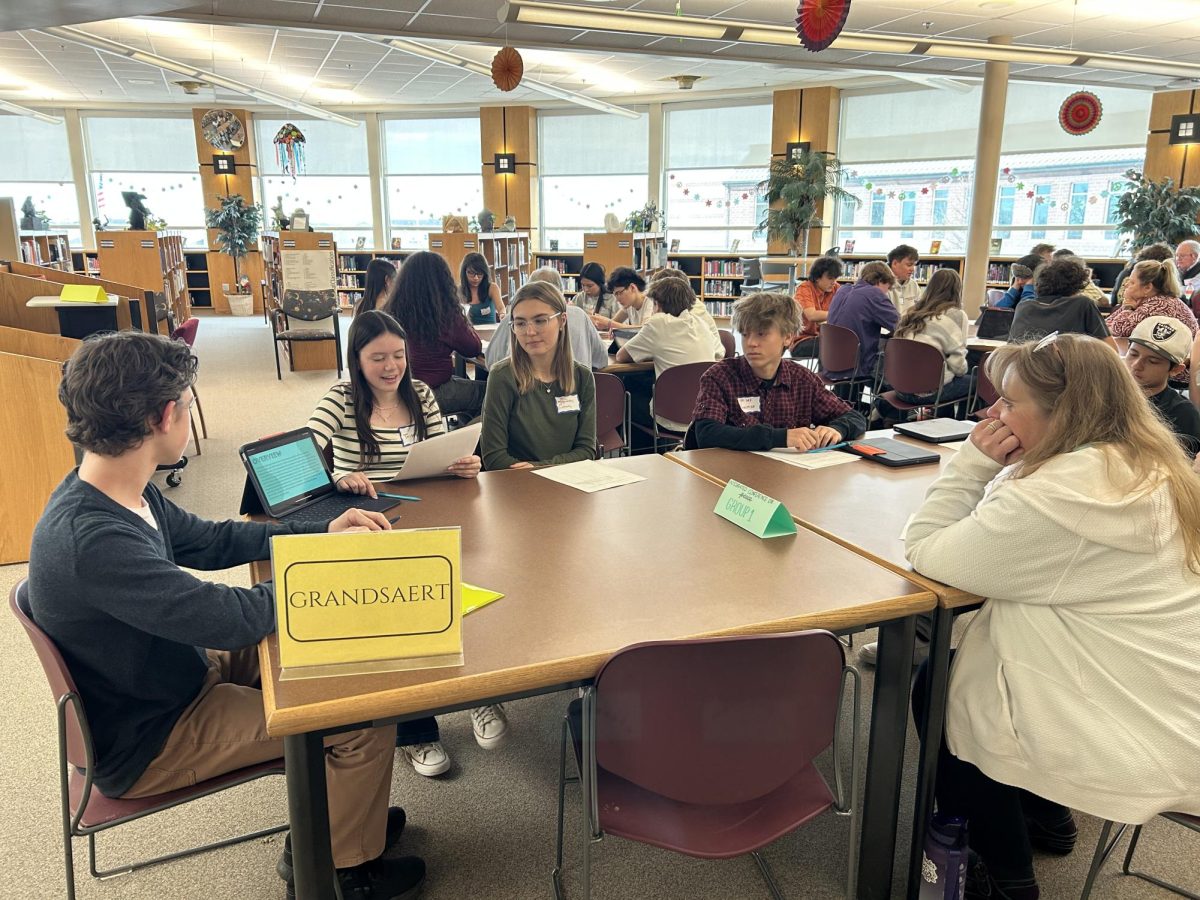

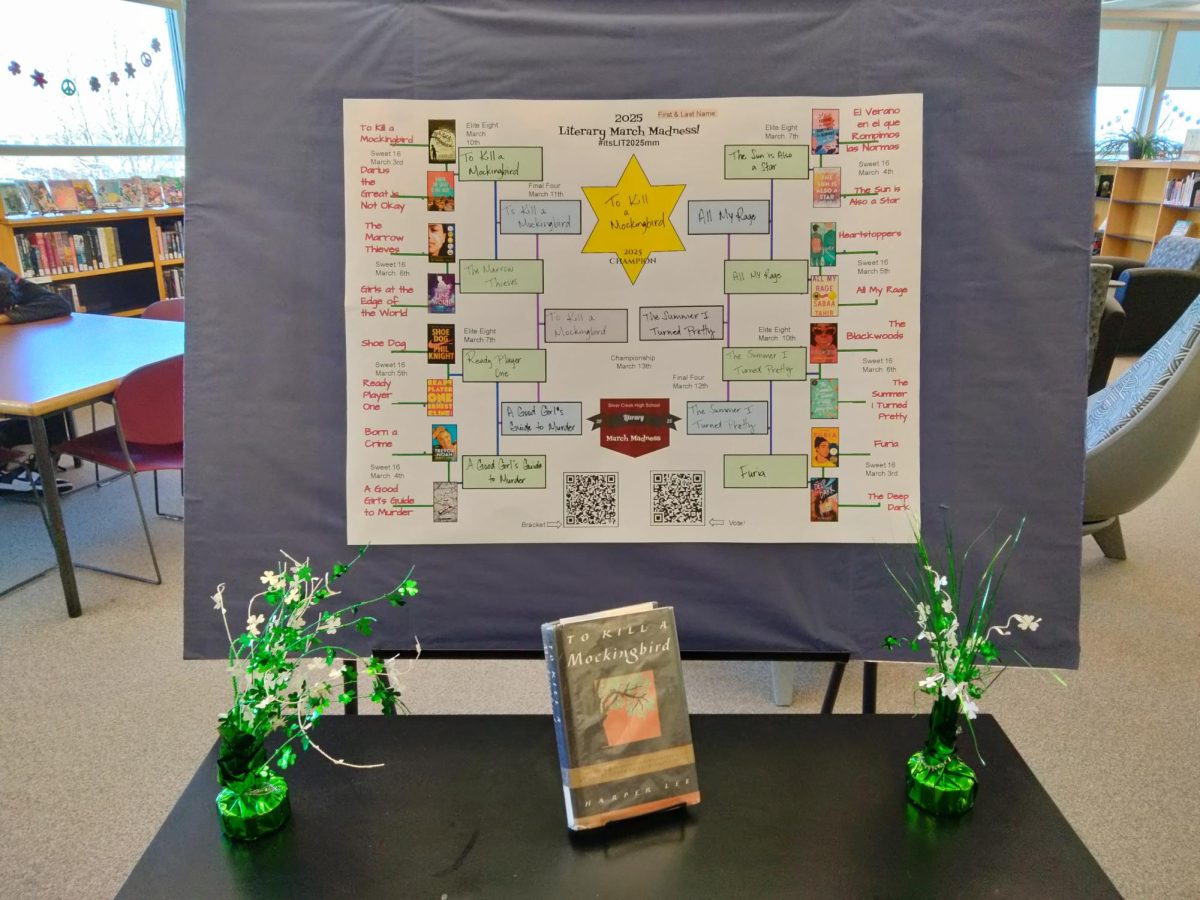
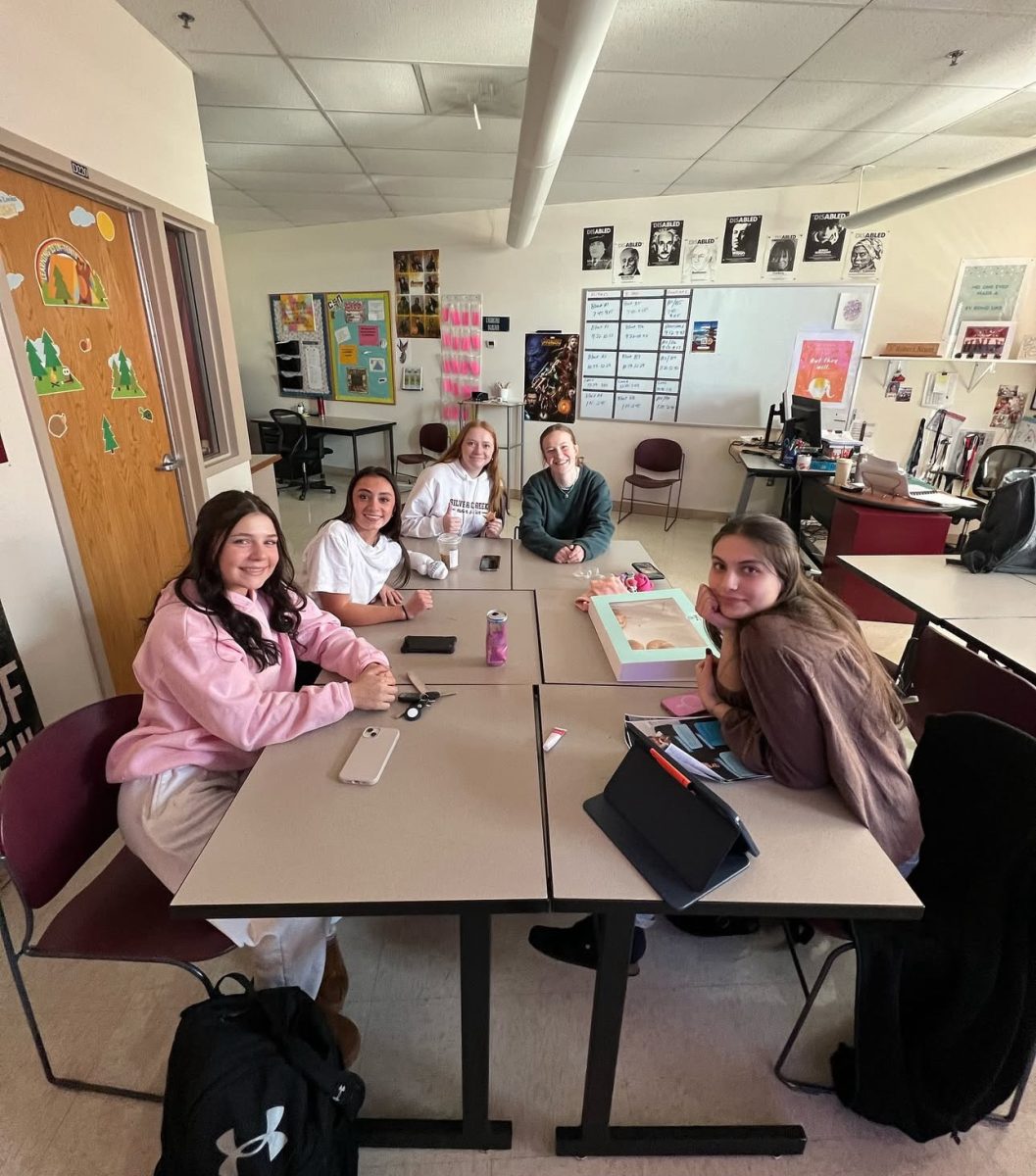
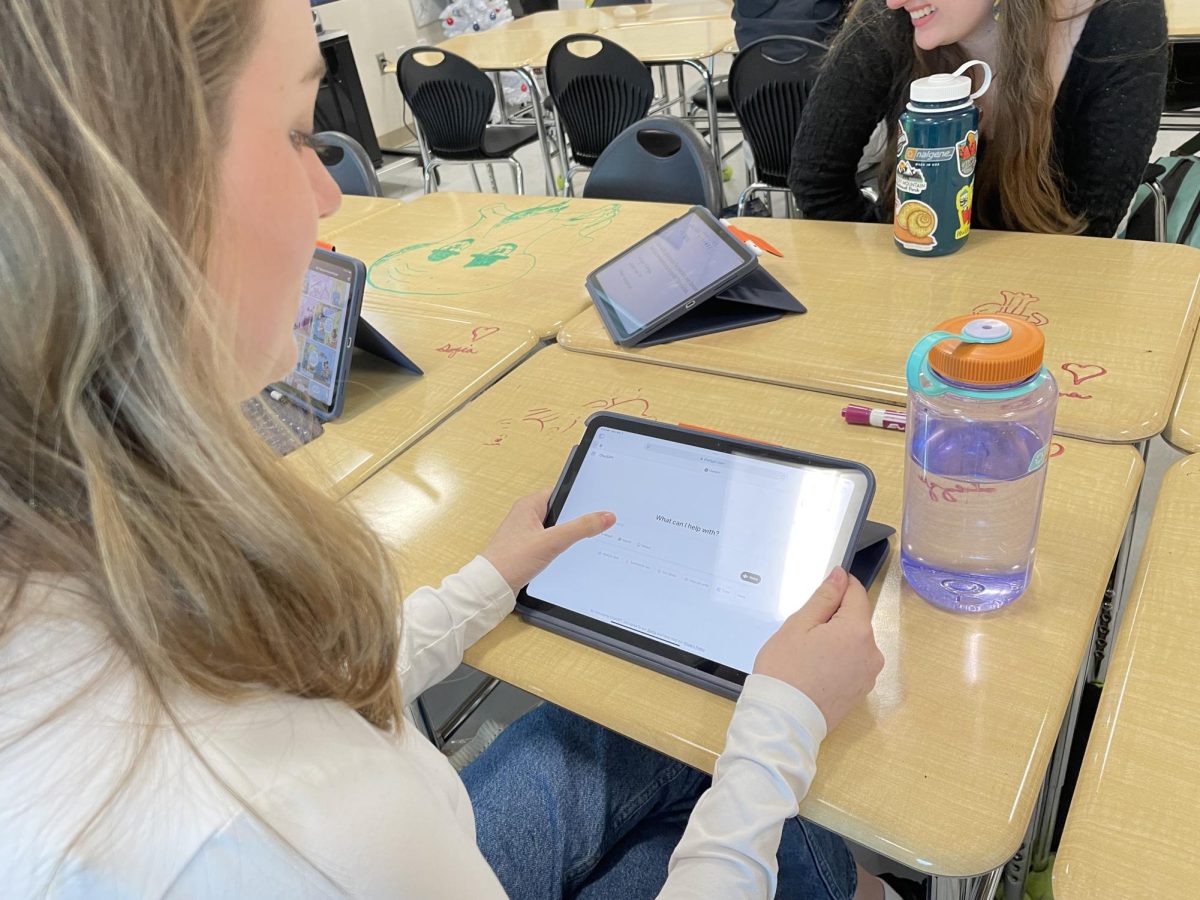


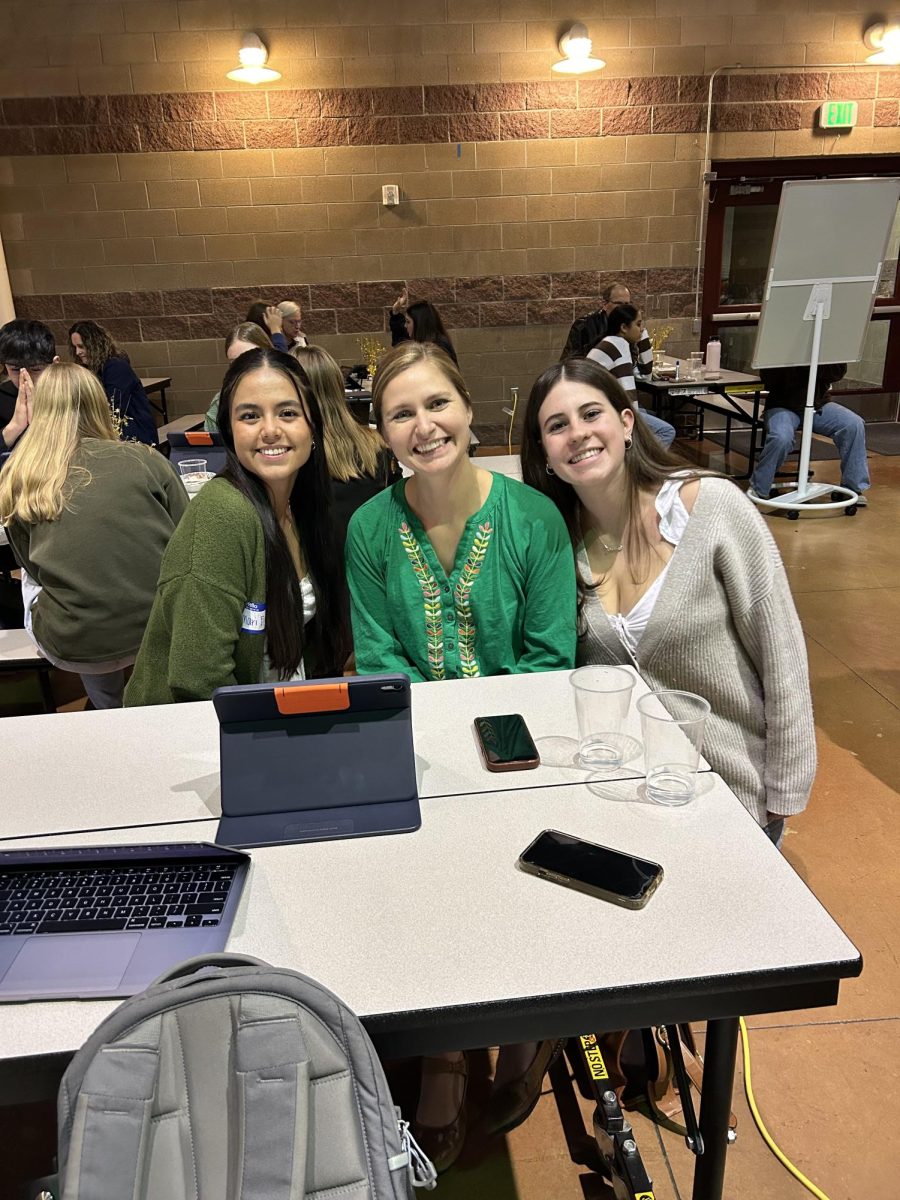
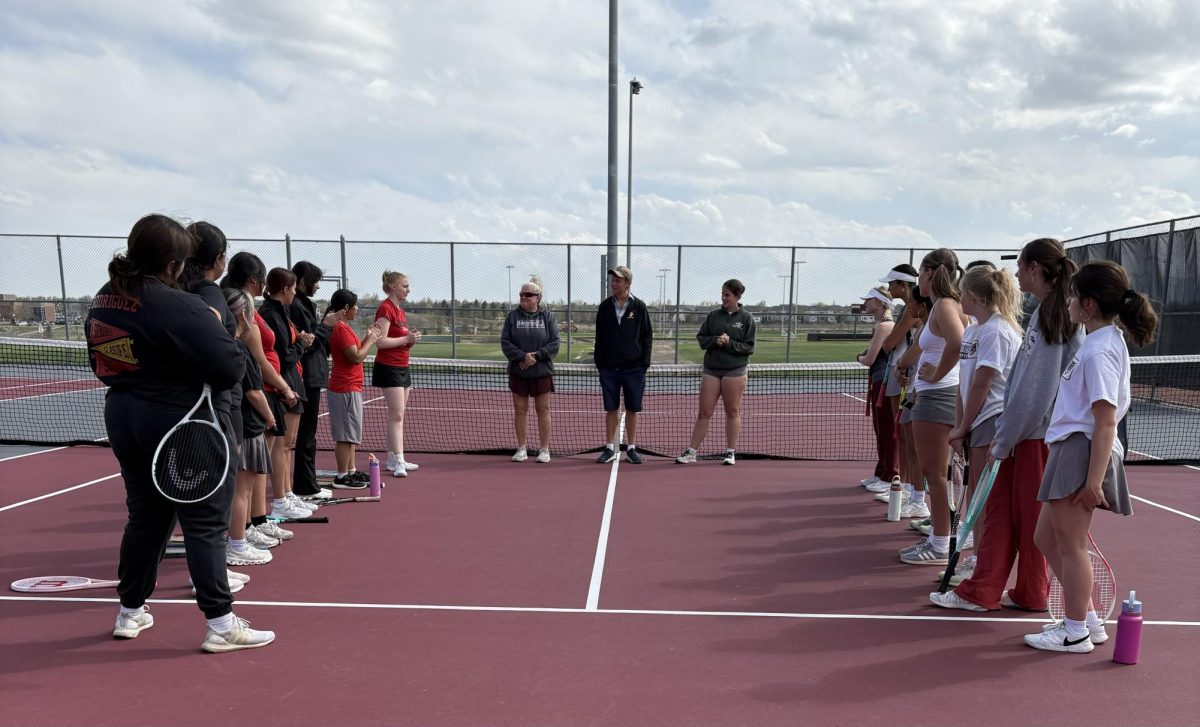
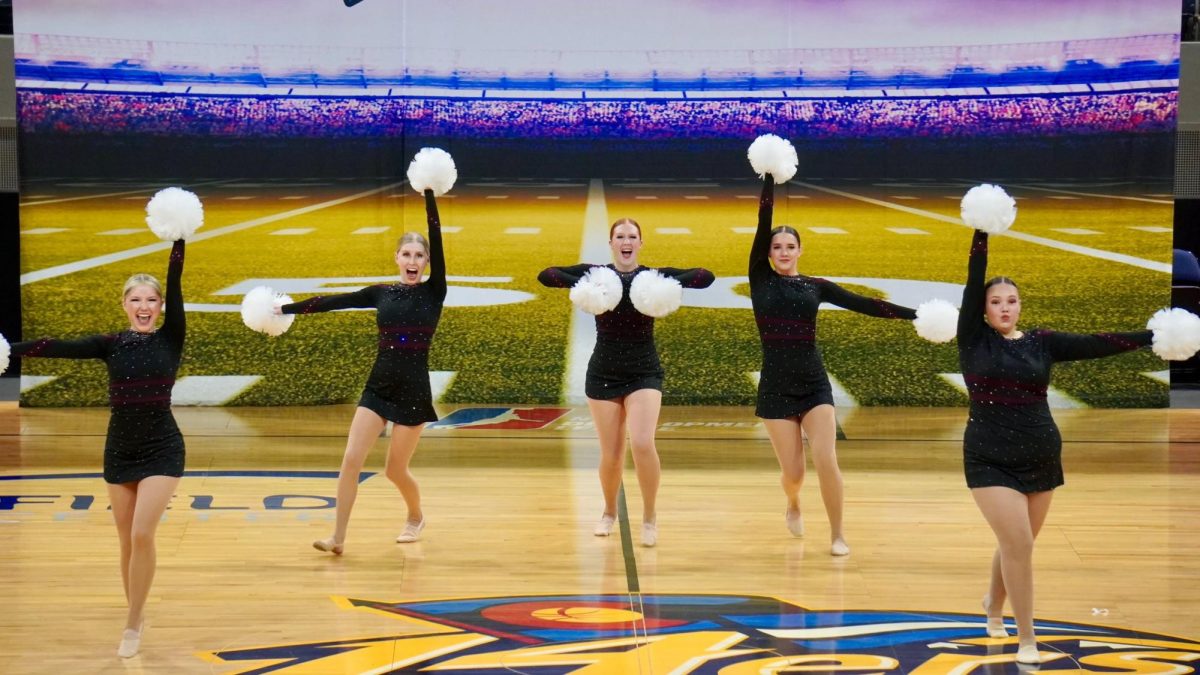


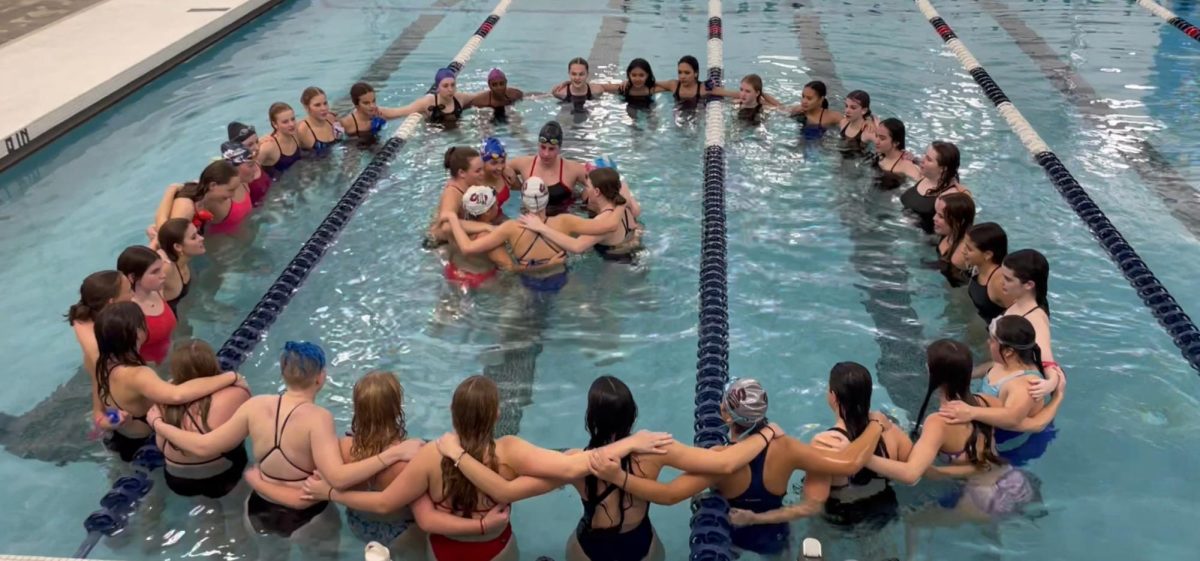

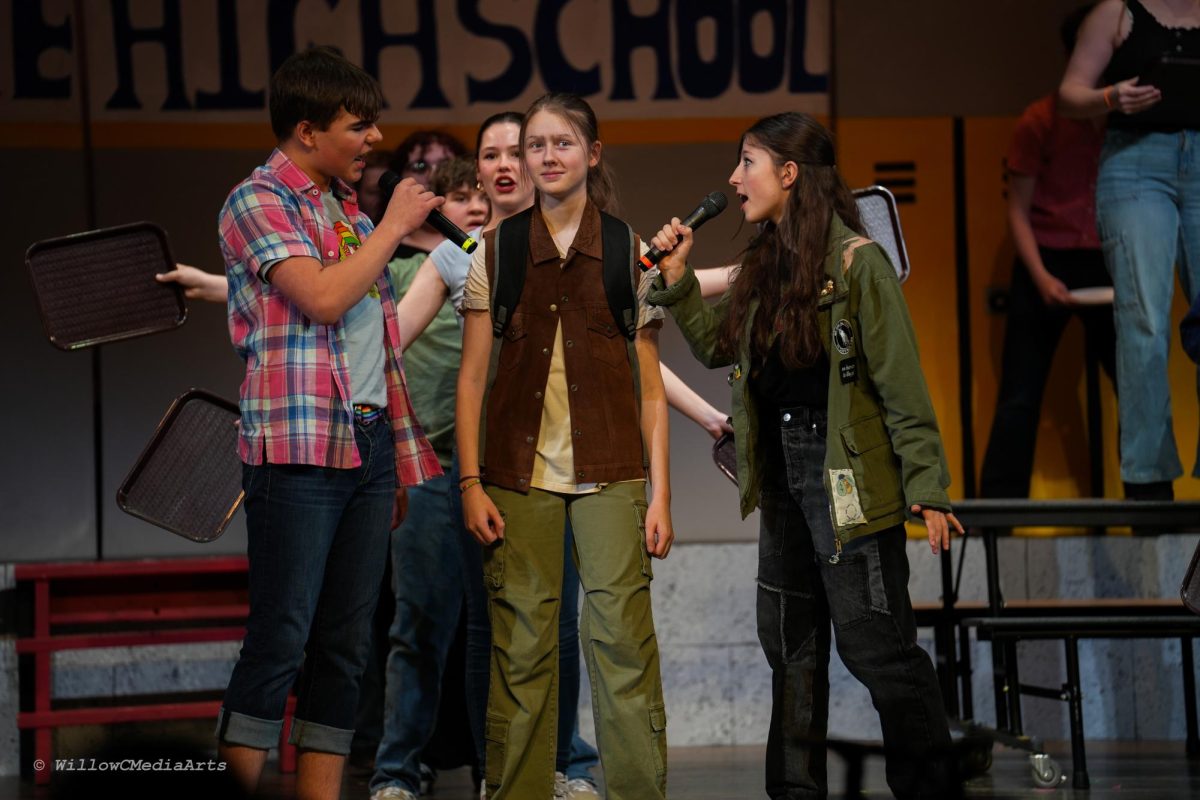
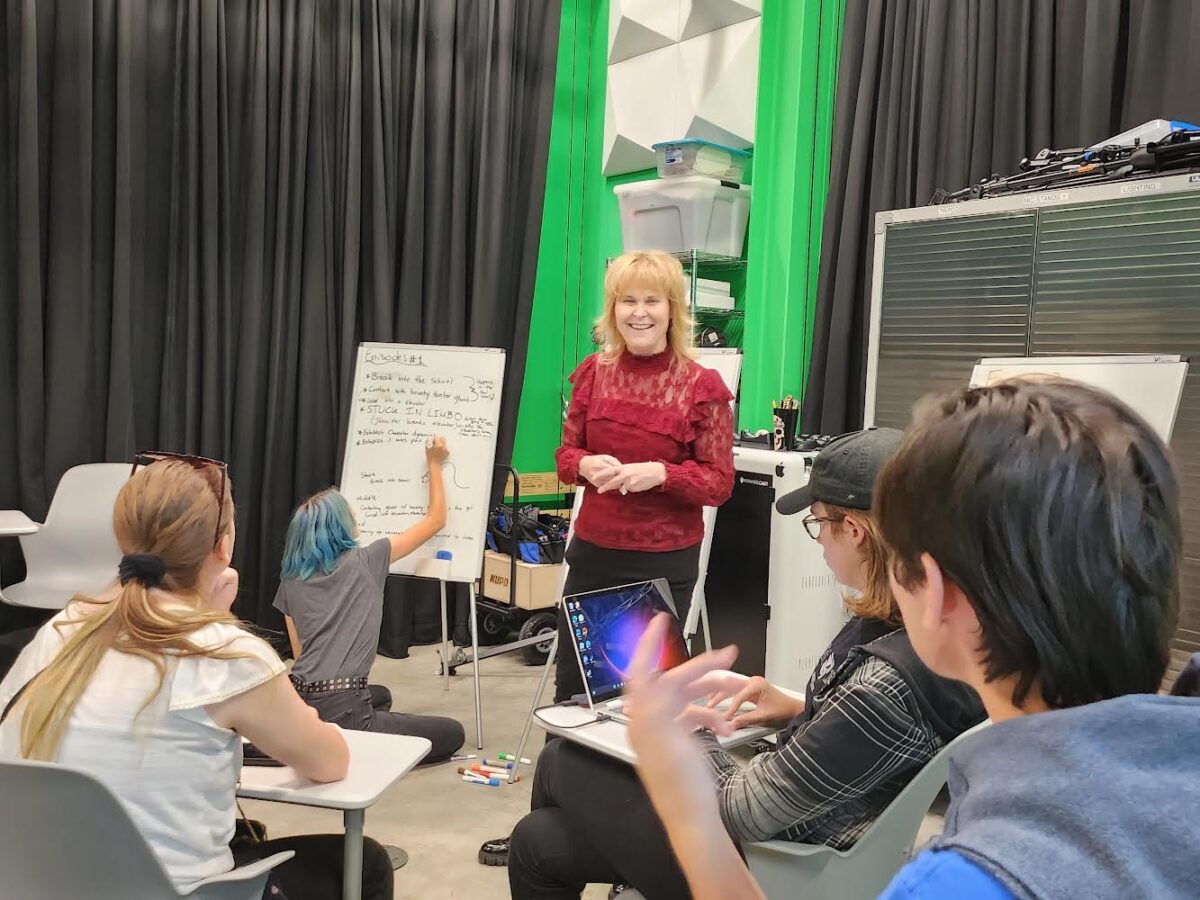


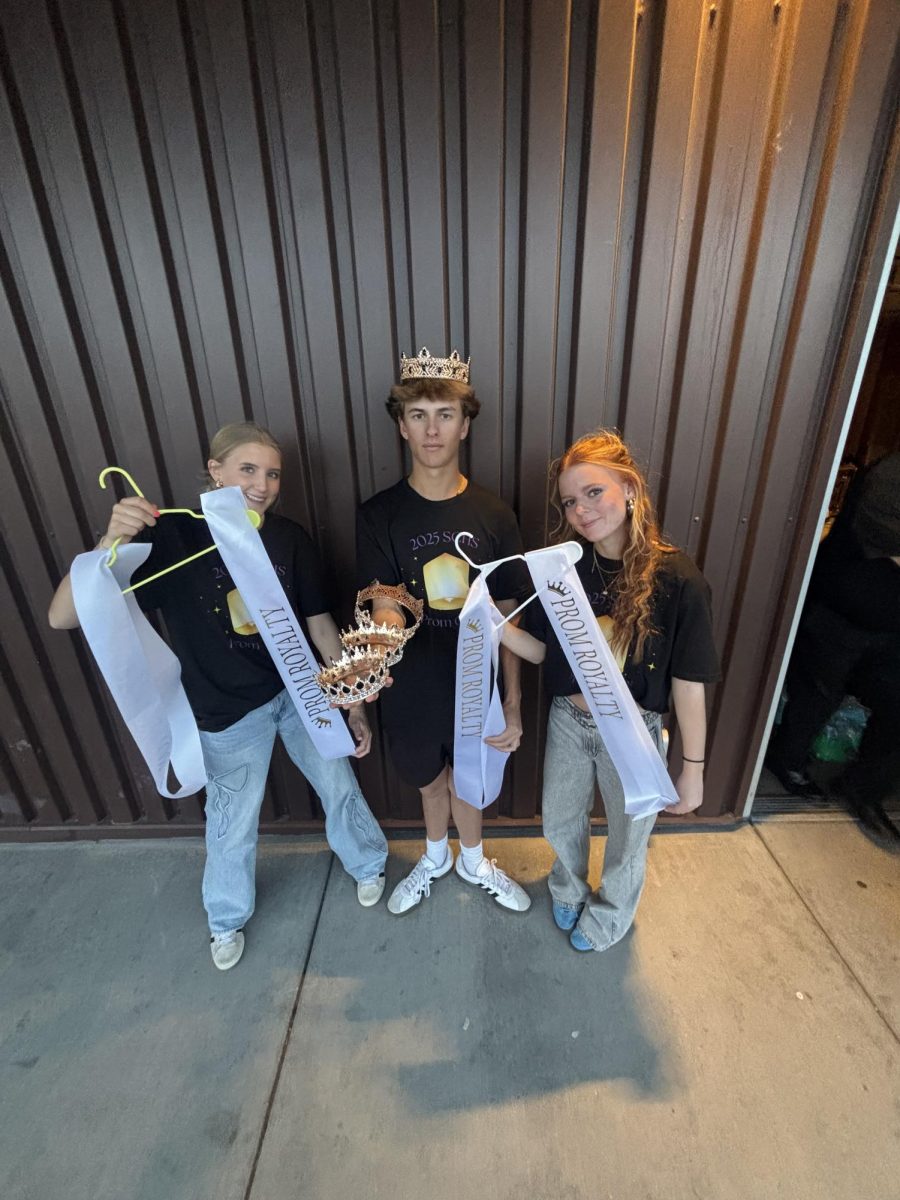
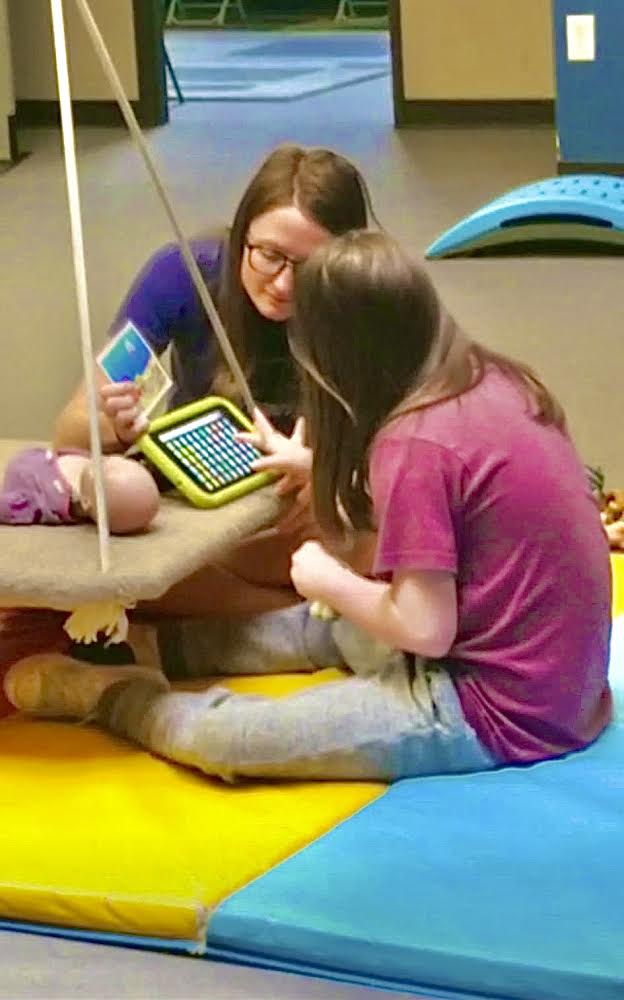
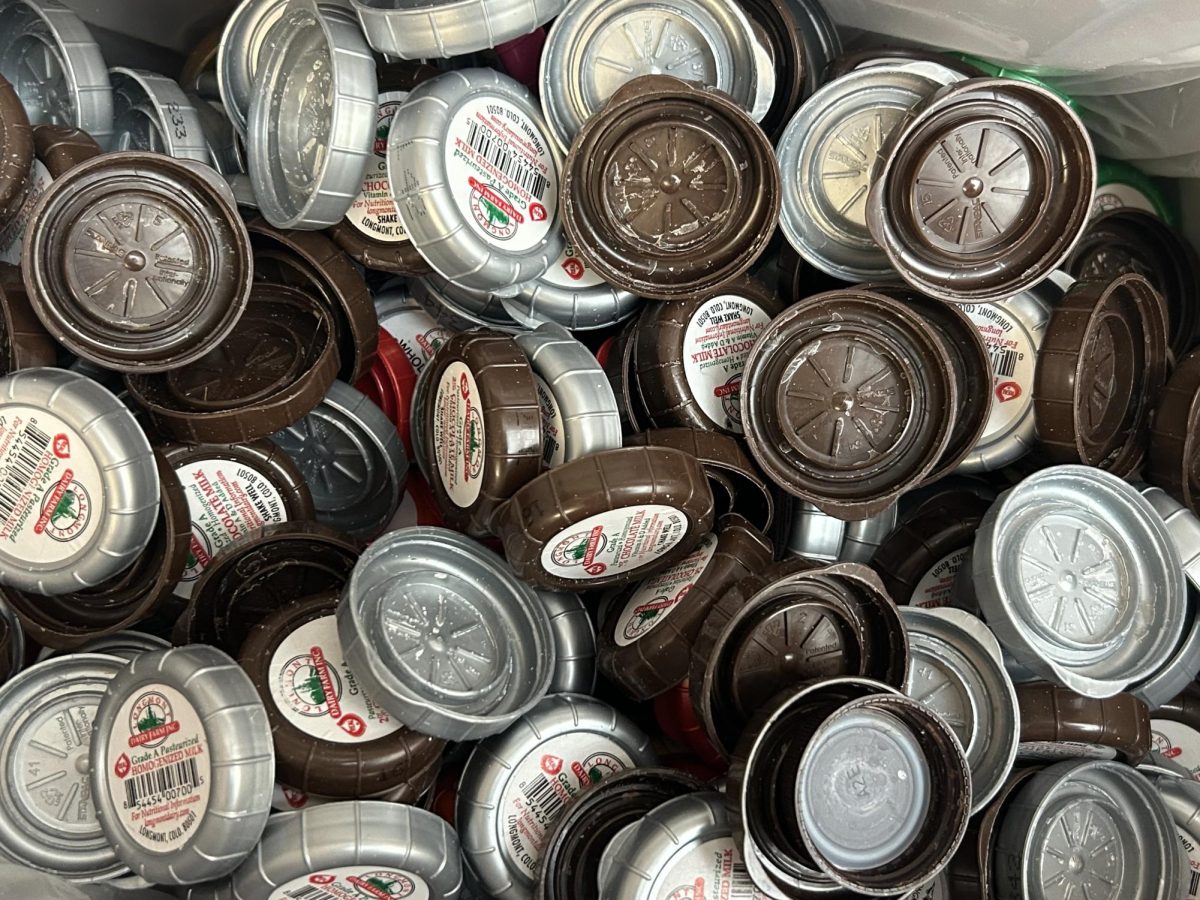

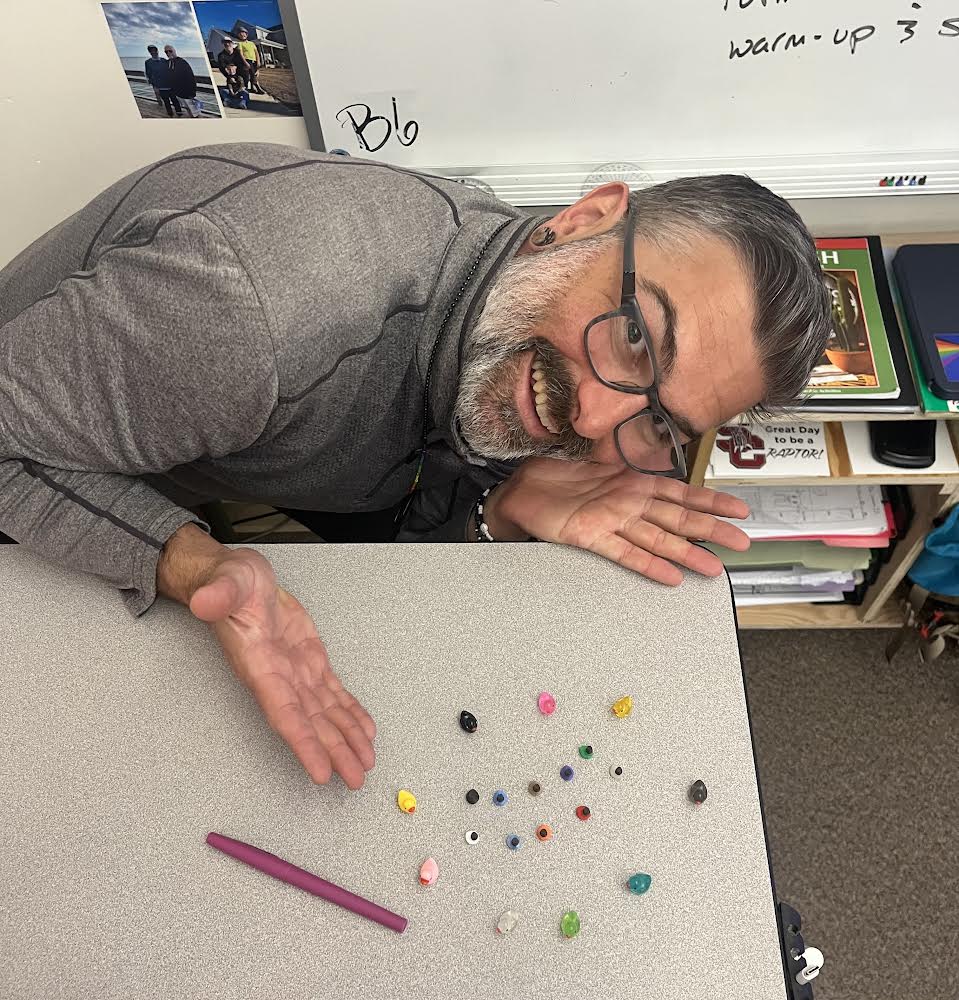
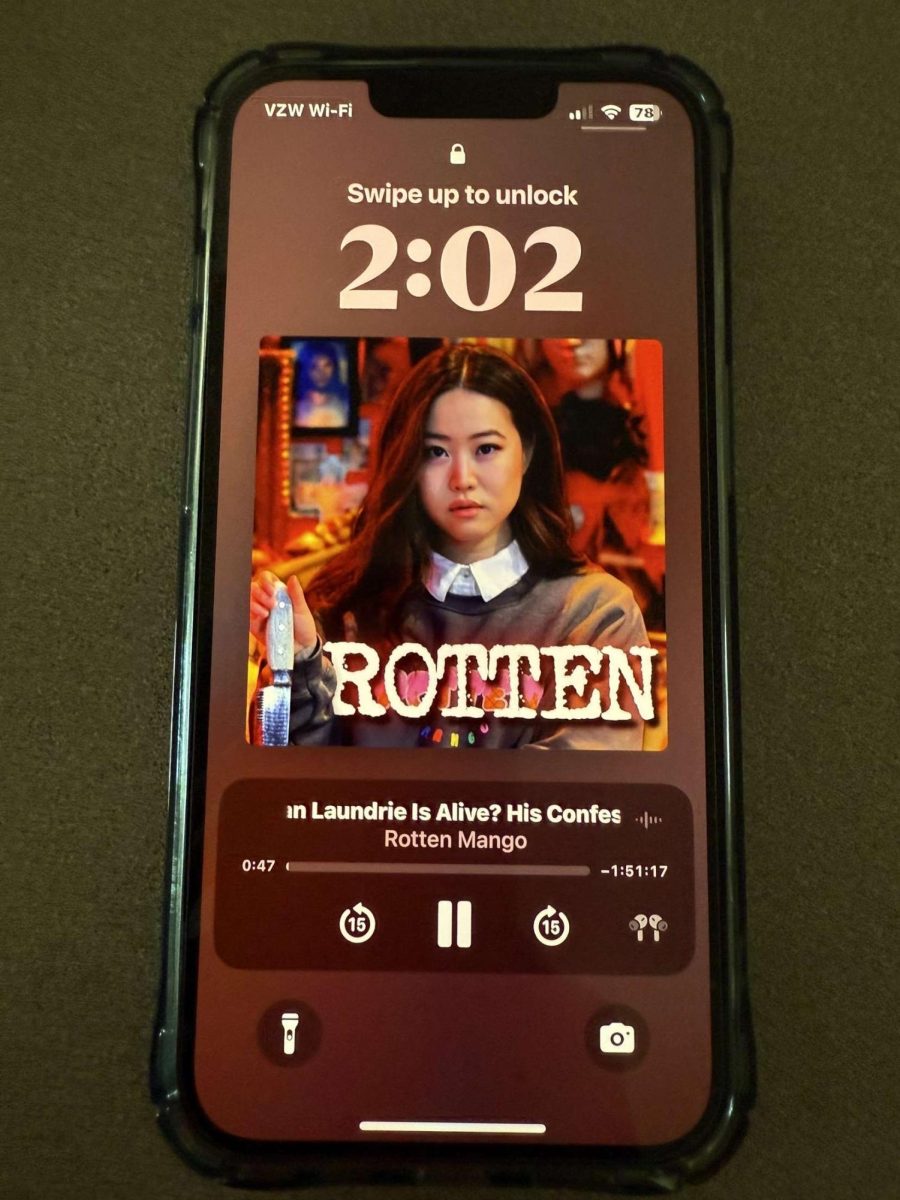

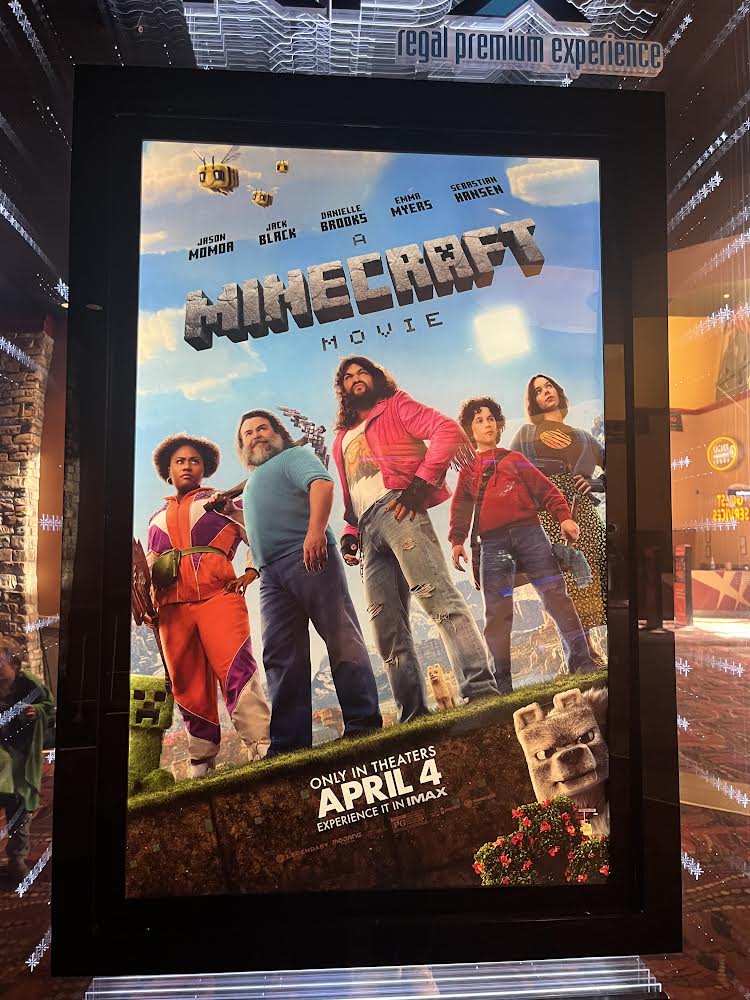

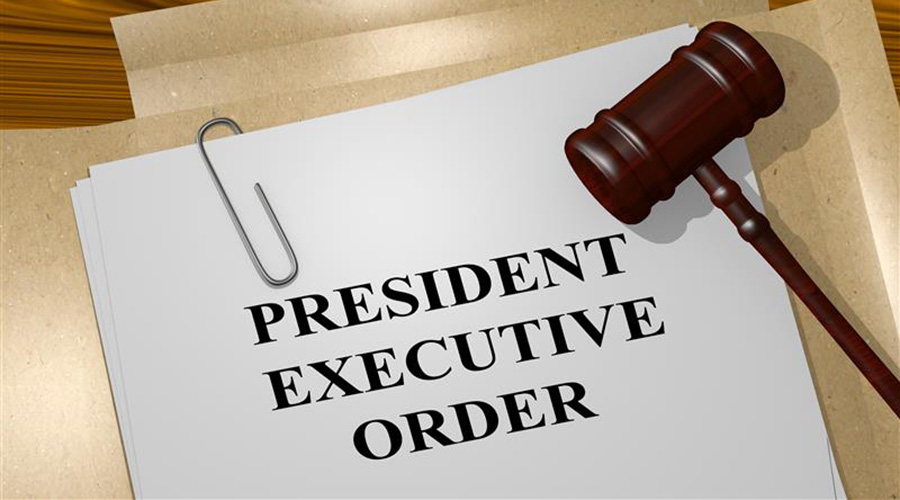

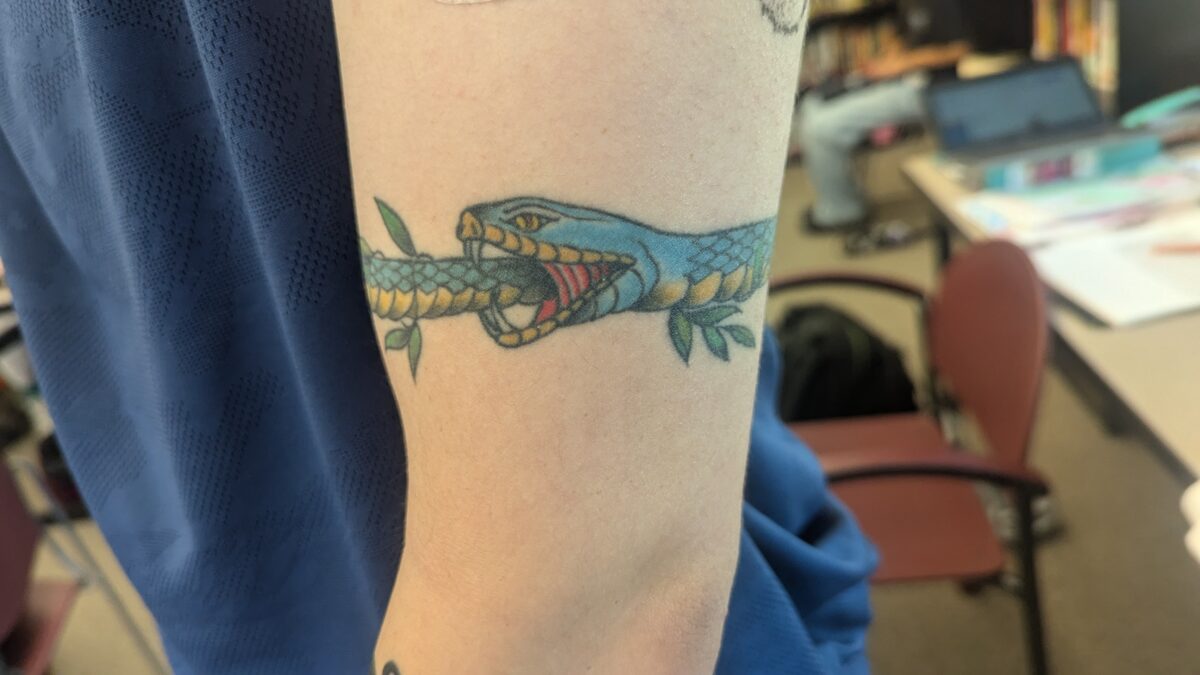

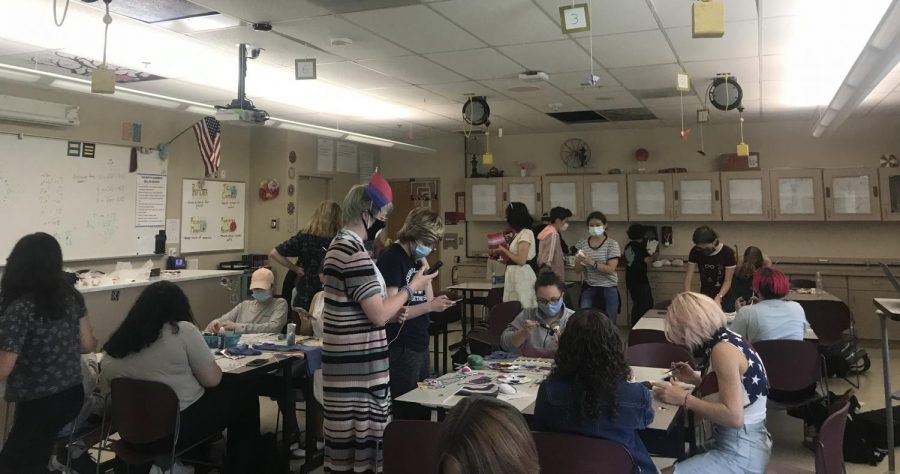

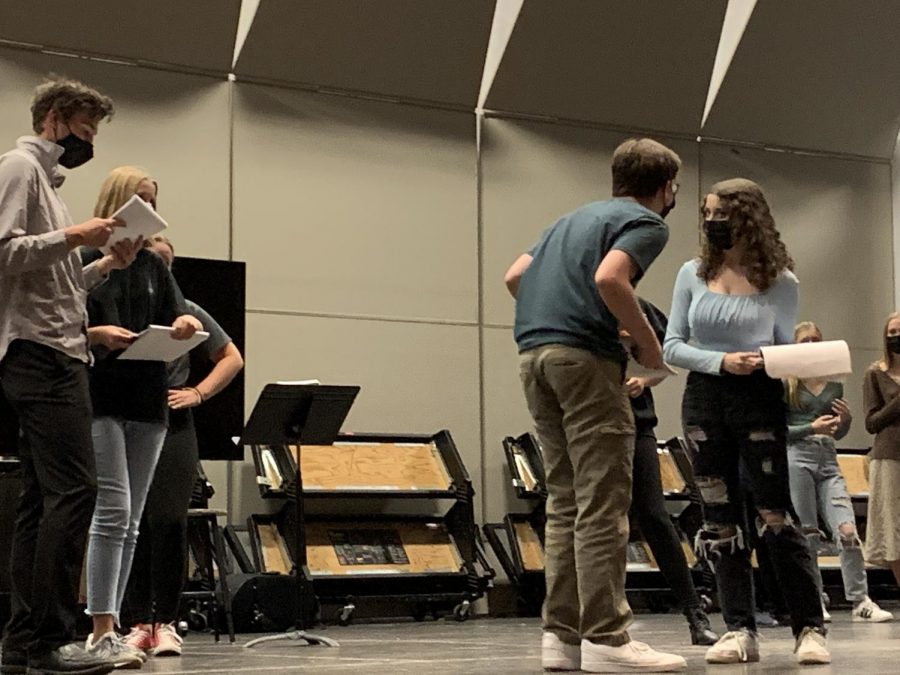
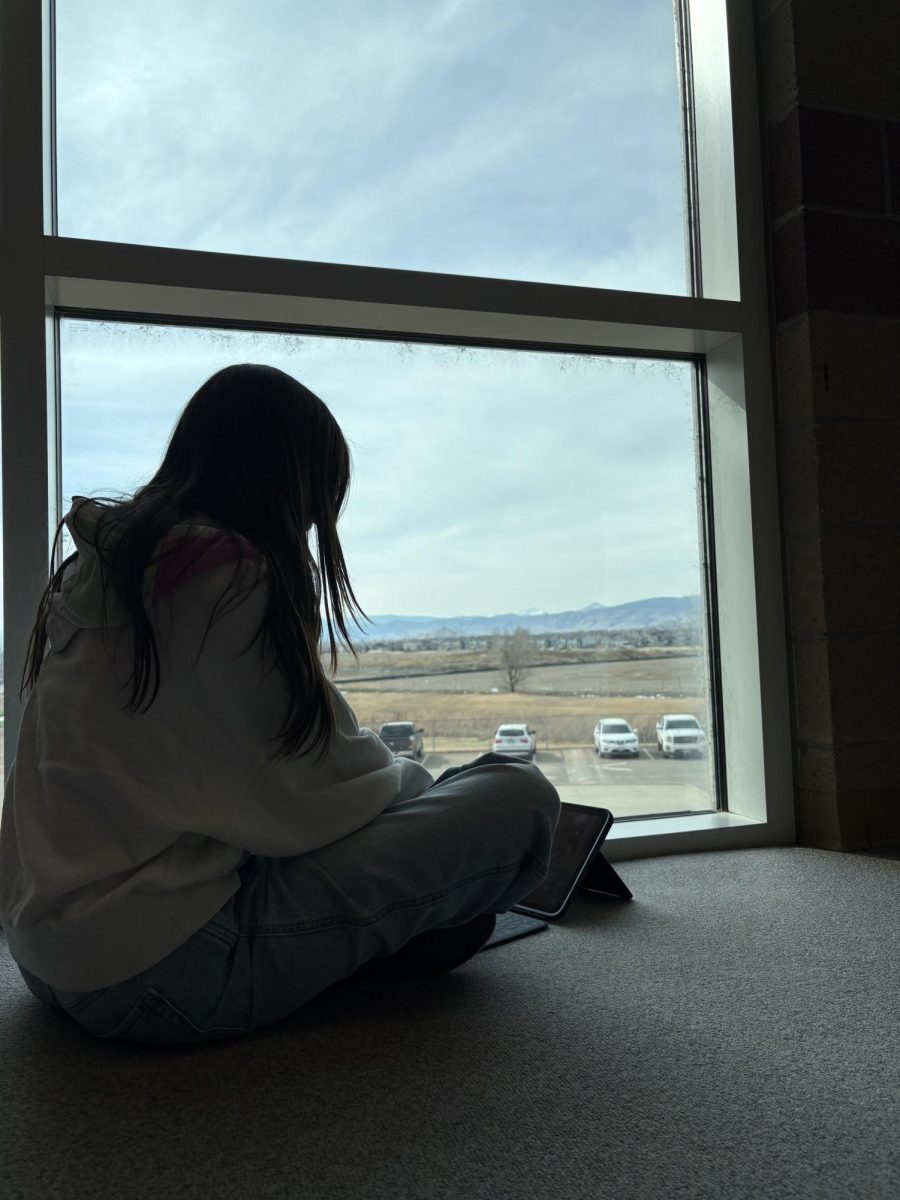




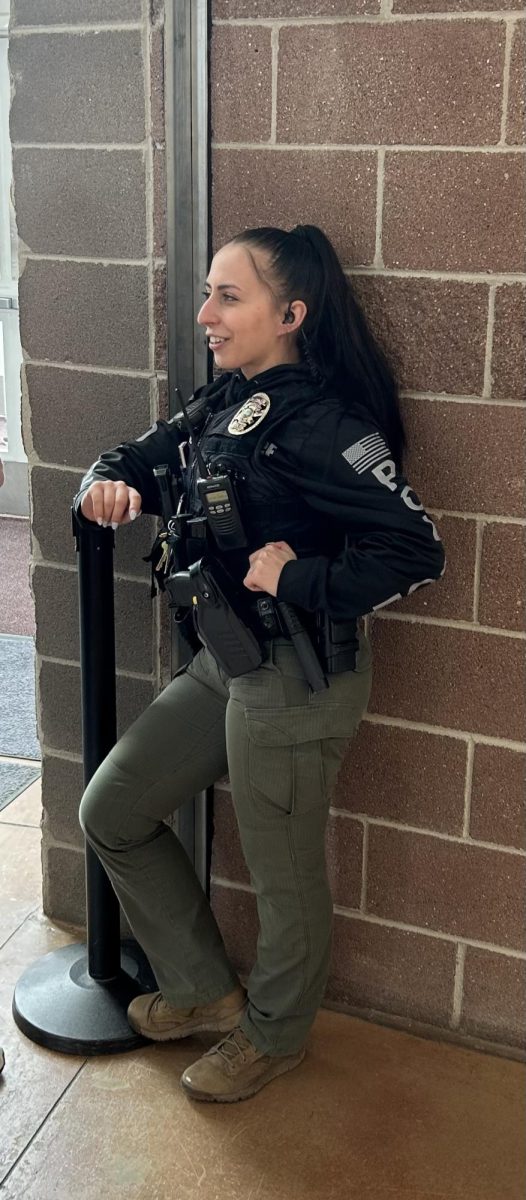

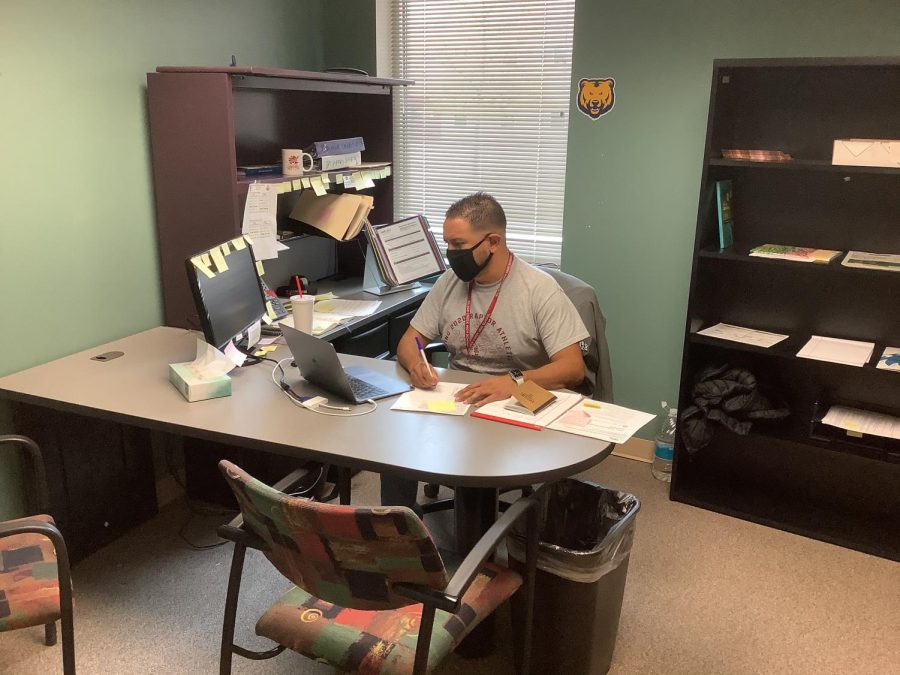
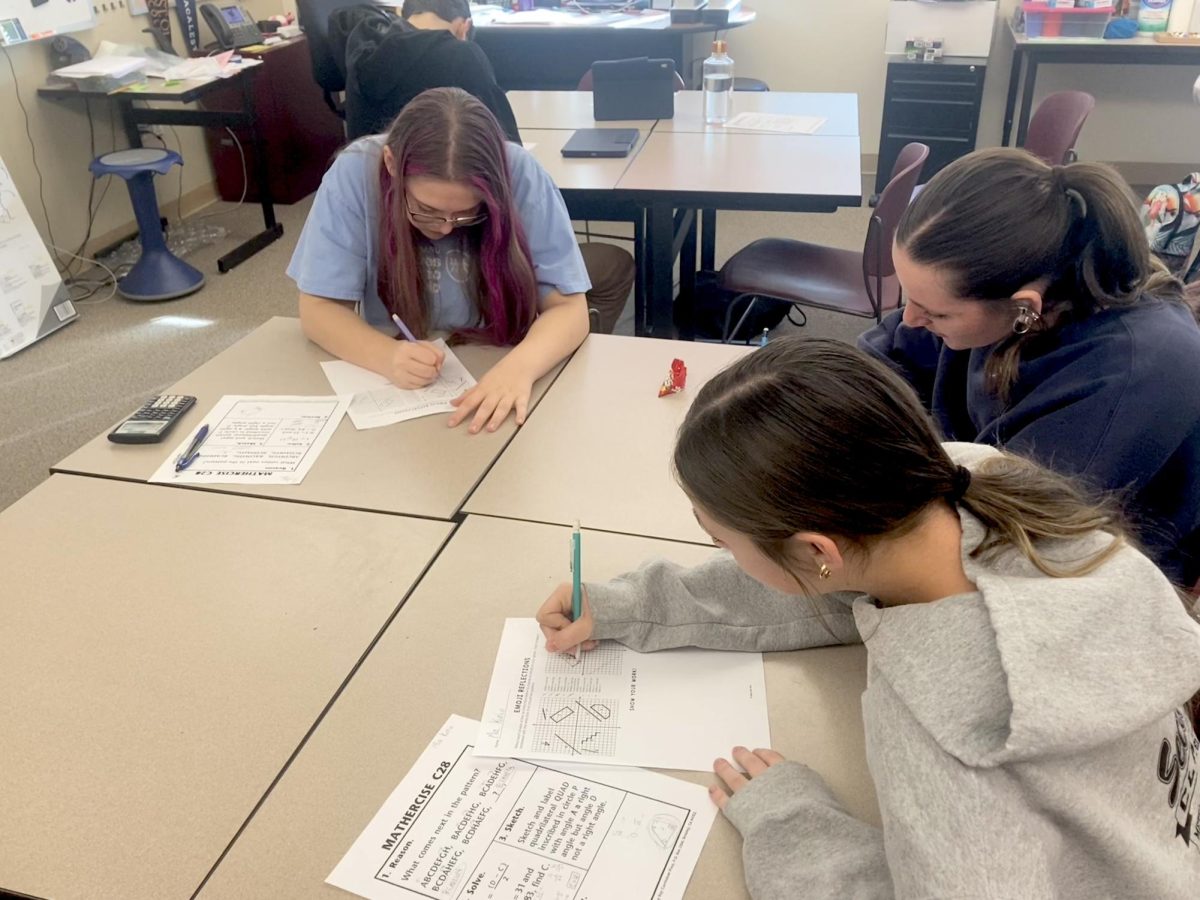
![Hosting the SCLA Casptone Mentor Dinner outside allowed for more attendees on September 27, 2021 at Silver Creek. This event would’ve usually been held inside. According to Lauren Kohn, a SCLA 12 teacher, “If we have a higher number of people, as long as we can host the event outside, then that seems to be keeping every[one] safe”.](https://schsnews.org/wp-content/uploads/2021/11/sxMAIGbSYGodZkqmrvTi5YWcJ1ssWA08ApkeMLpp-900x675.jpeg)

